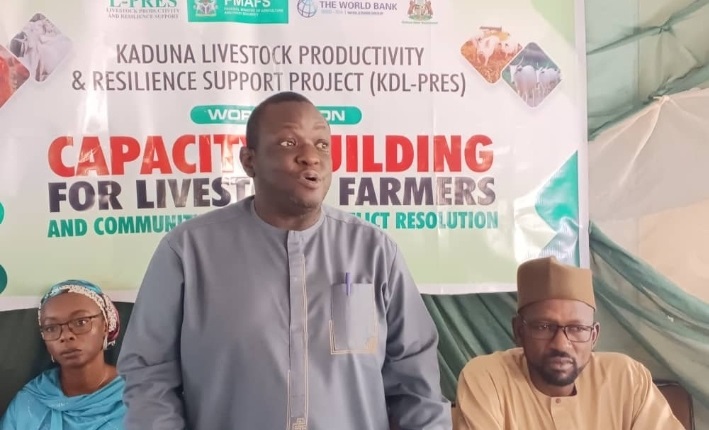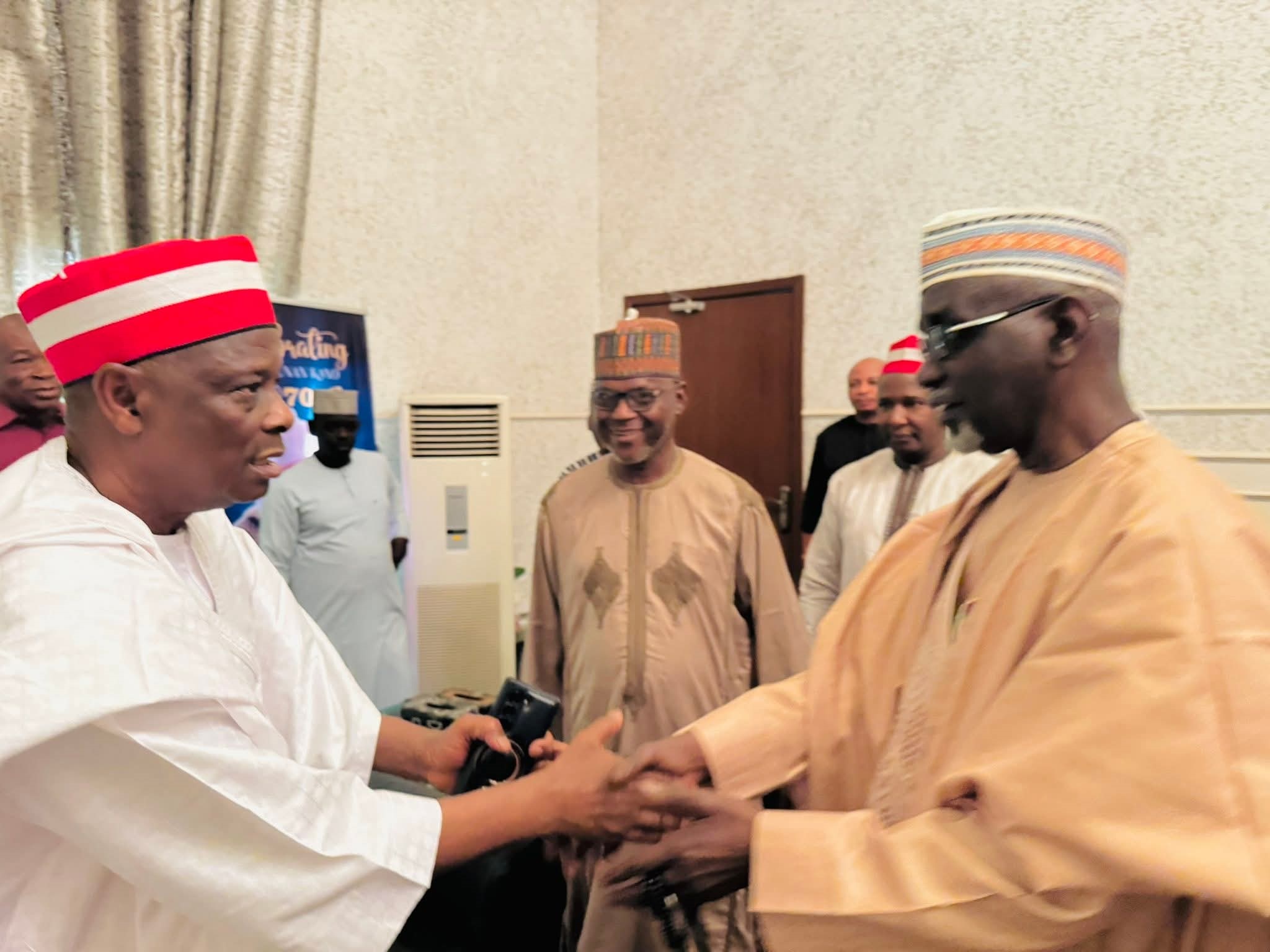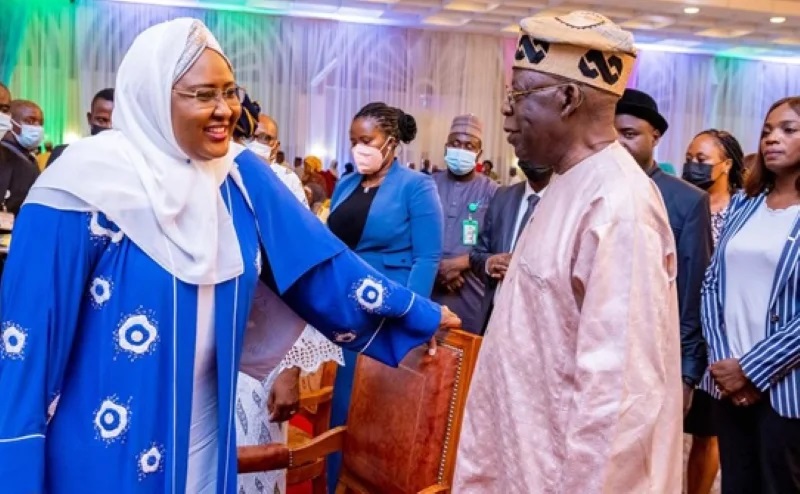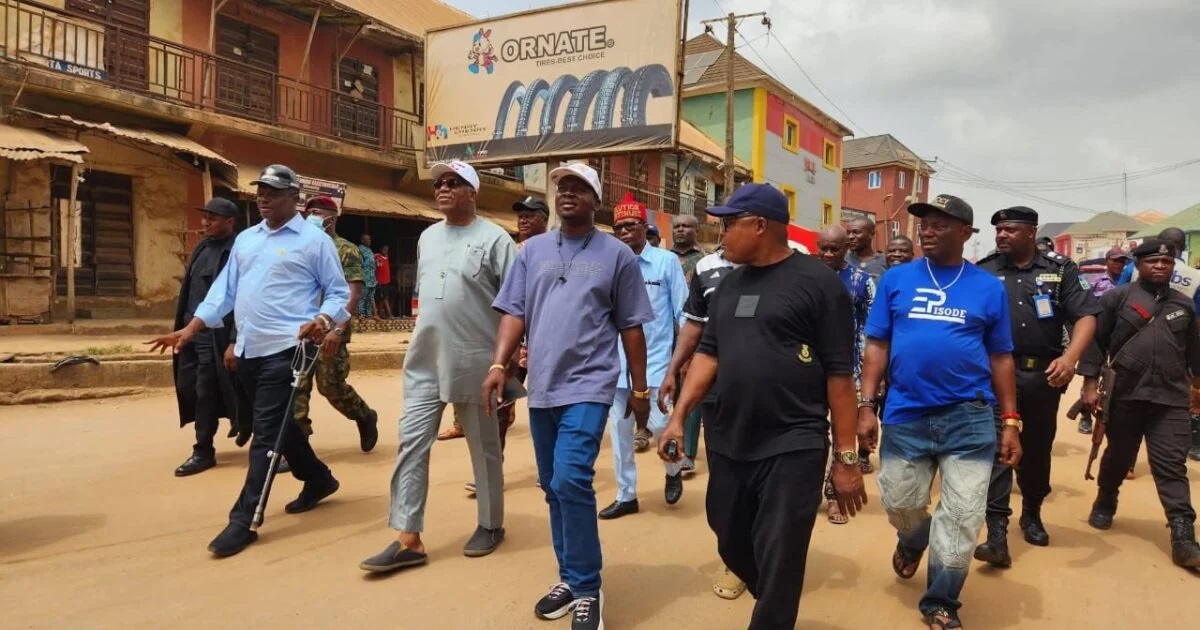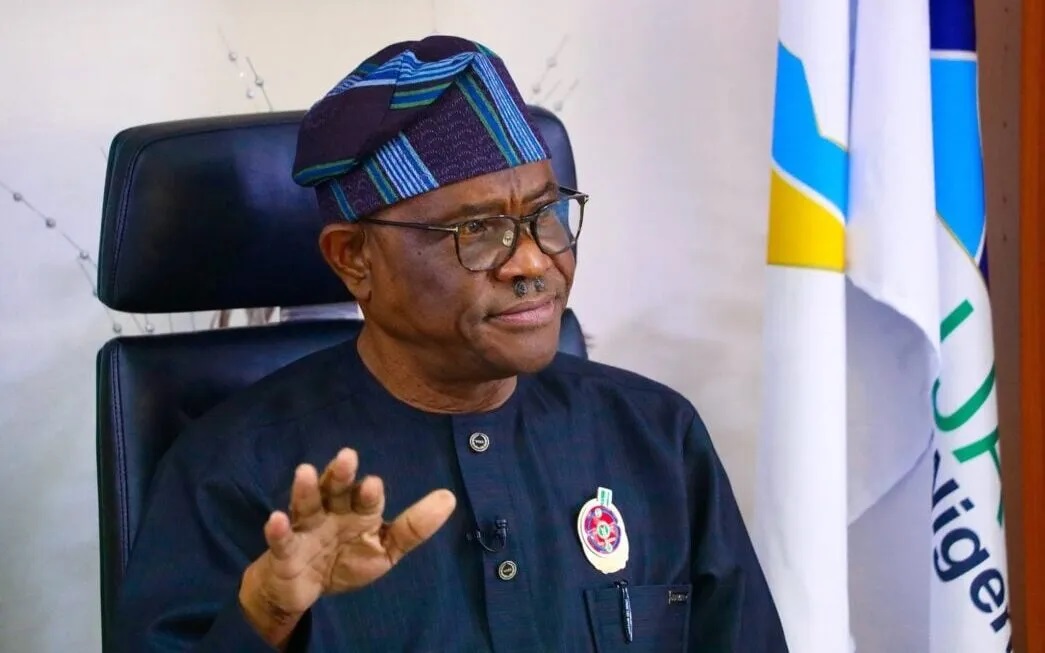The Kaduna State Government says interventions under the Livestock Productivity and Resilience Support (LPRES) project have significantly helped reduce clashes between farmers and herders in the state.
The Commissioner for Agriculture, Malam Murtala Dabo, said this in an interview with the News Agency of Nigeria (NAN) on Tuesday in Kaduna.
NAN reports that LPRES is a World Bank-supported initiative aimed at improving livestock productivity, resilience, and rural livelihoods across selected Nigerian states.
Dabo, the chairman of the LPRES project steering committee in the state, said that improved infrastructure in grazing reserves, such as water points and veterinary support, had enabled pastoralists to remain in one location, limiting the movement that often leads to disputes over farmland.
”The LPRES project has created a more stable environment for livestock production. Herders now stay within improved reserves with access to key services. This has greatly reduced the likelihood of conflict with crop farmers,” he said.
The commissioner described the intervention as one of the most impactful peace building efforts in rural communities where such clashes were previously frequent.
He added that LPRES had also improved livestock productivity and farmers’ income by providing an enabling environment for healthy animals, better breeds, and increased access to markets.
”Farmers now sell at higher values because of improved animal health and management. This directly translates into better income and livelihoods,” he said.
He also explained that the state had provided counterpart funding, upgraded reserves, and formally integrated LPRES activities into the agricultural development strategy.
”We are institutionalising grazing management and veterinary services across the state. The project is no longer a standalone intervention; it is now embedded in our long-term agricultural policy,” he added.
Dabo further disclosed that members of the steering committee regularly reviewed the project’s progress to ensure it aligned with broader state goals, such as food security, poverty reduction, and climate resilience.
He also told NAN that Gov. Uba Sani had approved 100 hectares of land for the establishment of a Livestock Service Centre, aimed at consolidating livestock support services in a centralised location.
”This is a major investment in the livestock sector, and it will serve as a model for standardising best practices,” he said.
He emphasised that the role of the private sector and financial institutions in sustaining LPRES outcomes was crucial, noting that partnerships had already been established for the supply of feed, veterinary drugs, and livestock financing.
”The government cannot do it alone; rivate sector engagement is crucial to achieving scale and sustaining results,” he added. (NAN)

